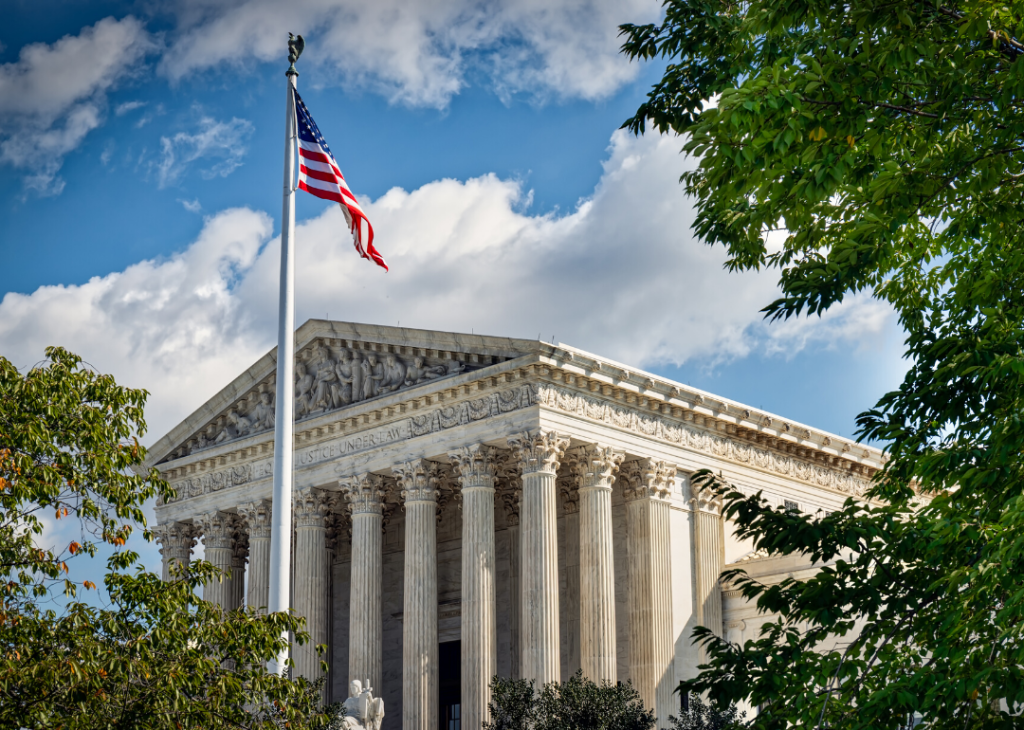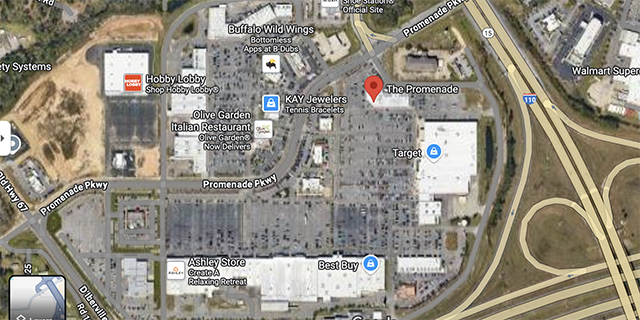U.S. Supreme Court will hear challenge to Mississippi city’s protest ordinance
Published 3:20 pm Thursday, July 3, 2025
The U.S. Supreme Court announced Thursday it will hear a case challenging a Mississippi protest ordinance.
Evangelist Gabriel Olivier is seeking to revive his lawsuit against the City of Brandon, claiming the ordinance restricts his ability to share his faith.
Brandon leaders enacted the ordinance after Olivier and his group allegedly used a loudspeaker to shout derogatory names at passersby near an amphitheater. The city’s rule now redirects protests to a designated area for limited hours before and after events, and bans loudspeakers audible over 100 feet away.
Trending
Olivier was charged with violating the ordinance after he left the designated protest zone, claiming it was too isolated for his message to be heard. He pleaded no contest and paid a fine.
Lower courts dismissed Olivier’s lawsuit, citing a Supreme Court precedent that bars civil lawsuits from those convicted of a crime related to the same incident. This precedent, established in the 1994 Heck v. Humphrey case, prevents individuals from filing civil rights lawsuits if winning the lawsuit would necessarily invalidate their criminal conviction or sentence. Known as the “Heck Bar” or “favorable termination rule,” its purpose is to prevent conflicting judgments between civil and criminal cases. This means a civil claim challenging a conviction’s validity can only proceed after the conviction has been overturned through appeal or other legal processes.
Olivier’s legal team, First Liberty Institute, argues this creates a Catch-22 for citizens seeking to defend their constitutional rights. The Supreme Court will now consider whether the Heck v. Humphrey decision applies to such cases. A decision is anticipated by summer 2026.





